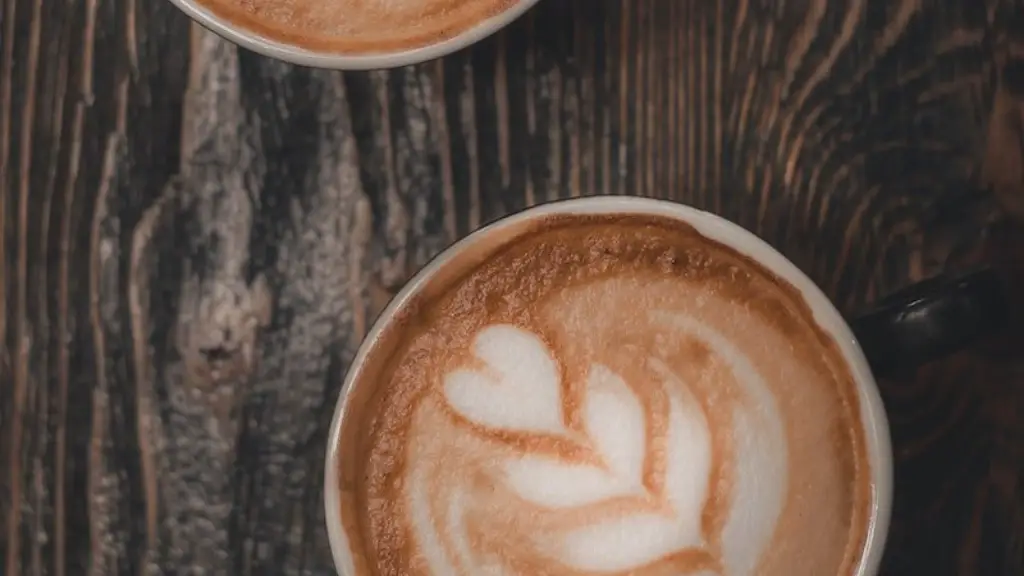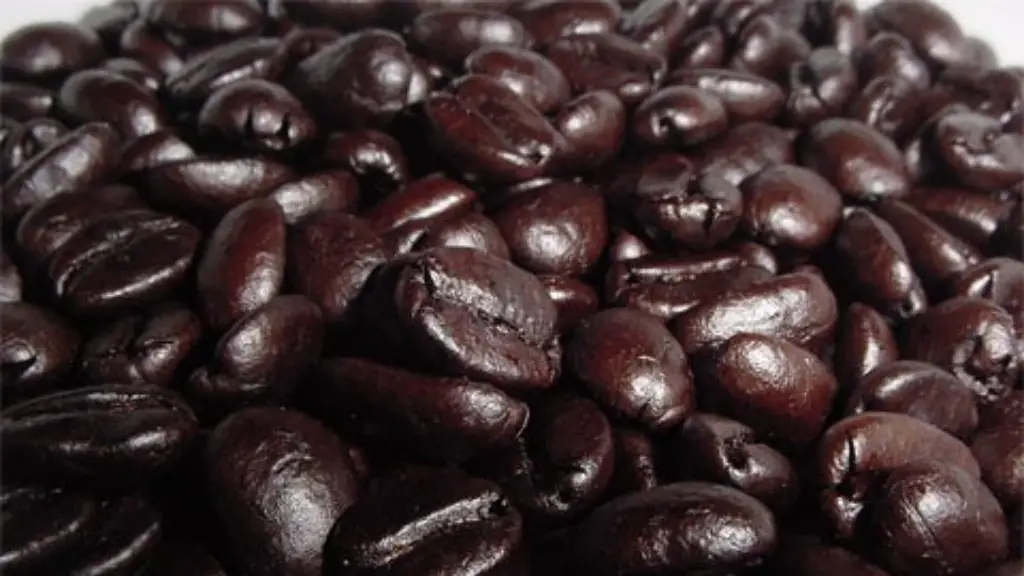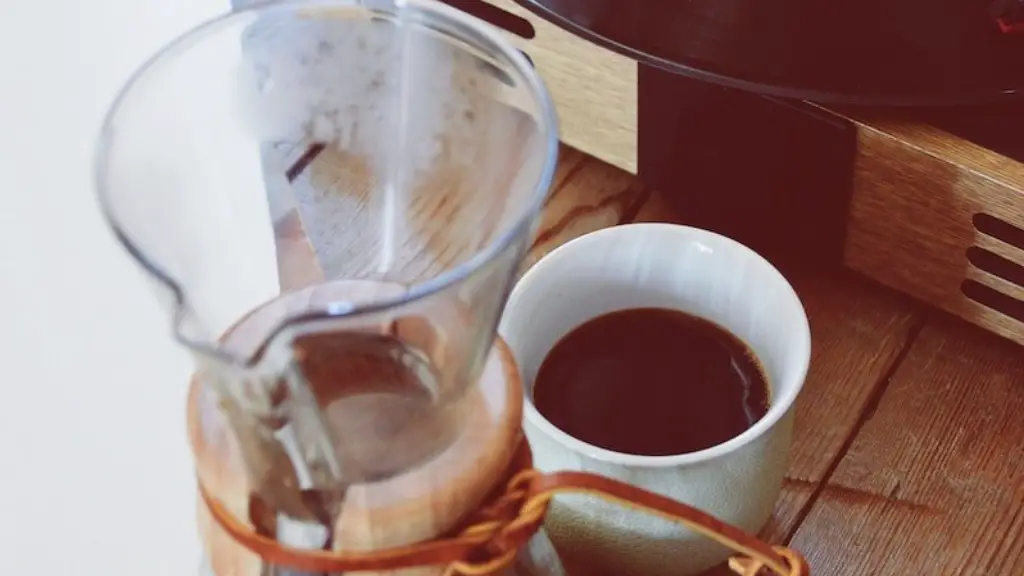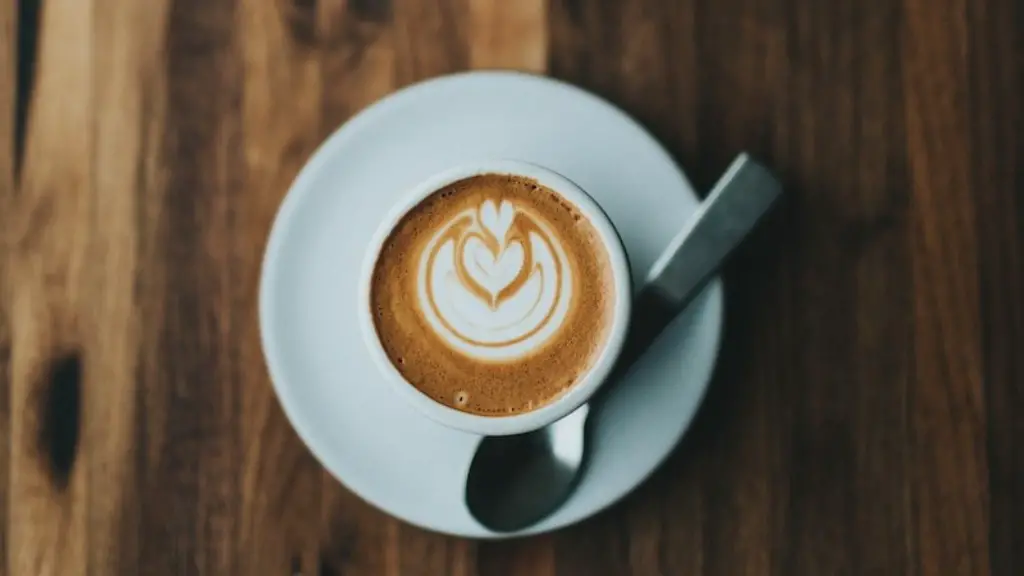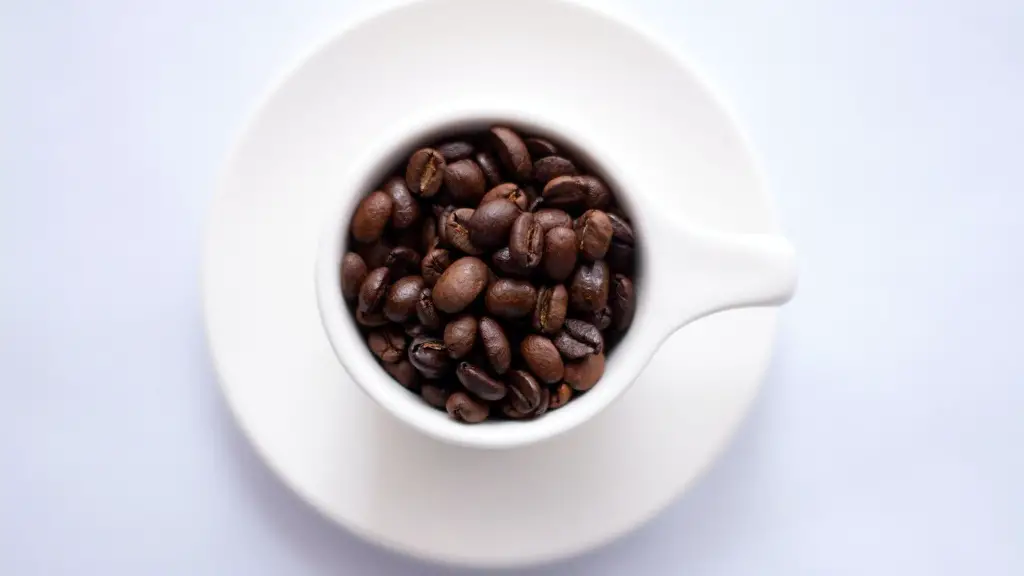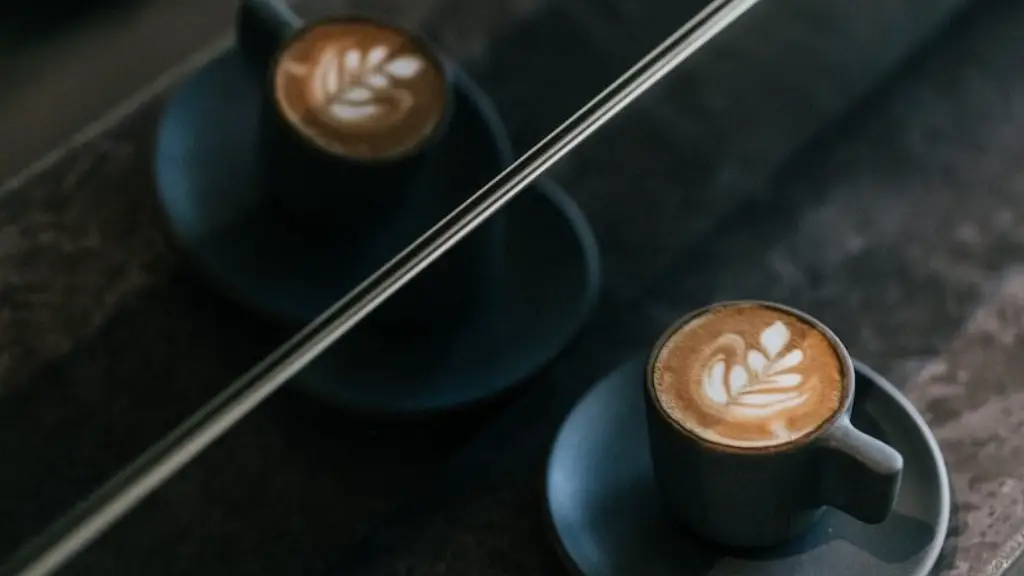When Can You Drink Coffee After Tooth Extraction?
Most people enjoy the occasional cup of coffee after a long day, but for those that have had a recent tooth extraction, one of the most common questions is when they can start drinking it again. Generally, once the initial healing period has ended, you can start drinking coffee in moderation. It is important to note however, that if you don’t take the proper precautions, drinking coffee after a tooth extraction can cause serious problems with the healing process.
When you have a tooth extraction, your periodontist typically recommends that you avoid taking hot liquids. This is because hot coffee can increase the risk of soreness, swelling, and even bleeding after the extraction. If you take part in these activities, your periodontist may find that it is difficult for the mucosa to heal correctly. If that is the case, you should wait until the wound has completely closed before you start drinking coffee again.
It is inevitable that you will still consume some hot liquids after extraction, no matter how hard you try to avoid them. To reduce the chances of complications, it is best to drink your coffee or other drinks through a straw, as this is less likely to cause direct contact with the extraction site. It is also recommended to rinse your mouth with lukewarm water after drinking your coffee, to prevent any residue from adhering to the extraction area.
When beginning to drink coffee after extraction, it is also important to be aware that caffeine can slow down the healing process. It can also lead to dry mouth, which can make it harder for the wound to close properly. If you have had a recent tooth extraction, it is best to consume coffee with moderation and stick to decaf coffee if possible. Moreover, you should try to avoid adding cream and sugar to your coffee, as it can increase the risk of bacteria that can lead to infection.
The biggest issue that you need to watch out for when consuming coffee after tooth extraction is dry socket. Dry socket is a condition where the extraction area becomes painful and the gum tissue becomes inflamed. When the clot is lost in the extraction site, the underlying bone is exposed and creates a dry socket. This should not be confused with normal healing, because it is quite painful and will require special treatments, such as dressing changes and disinfection.
Another issue that you should consider when drinking coffee after tooth extraction is the possibility of staining. Coffee is known to cause discoloration, so it is important to take care of the extraction site and use proper dental hygiene. This includes brushing and flossing twice a day, gargling with salt water, and avoiding the consumption of foods and drinks that can stain your teeth such as tea and red wine.
It is possible to drink coffee after tooth extraction if done correctly. You should wait until the wound has closed completely before drinking coffee and, once that has happened, you should drink it in moderation and try to use a straw or rinse your mouth with lukewarm water afterwards. However, it is important to follow the instructions of your periodontist and make sure that you take proper care of the extraction site.
Avoiding Other Hot Liquids
Your periodontist will likely recommend that you avoid hot liquids during the healing process following an extraction. This means you should avoid not only coffee, but also other hot beverages such as tea and hot chocolate. Caffeine can be found in other drinks such as energy drinks, so these should also be avoided during the healing process. Even warm soups and any other hot beverages should be avoided.
After extraction it is also important to avoid hot food as well. Hot food should be avoided completely as it can increase the risk of inflammation or infection. You should eat soft foods that are easy to chew and swallow, such as mashed potatoes or scrambled eggs. Sticky and sweet foods can also become caught in the extraction site and increase the risk of infection, so it is best to avoid these until the wound has closed.
It is also important to follow your periodontist’s instructions and take slow-healing extractions seriously. You should contact your periodontist if you experience any redness, swelling, or persistent pain at the extraction site. You should also contact your periodontist if your teeth do not feel numb after extraction, as this could be a sign of dry socket.
Managing Pain After Extraction
Once the extraction is complete, it is likely that you will experience some pain and swelling. To help manage pain, your periodontist may prescribe pain medication. Ibuprofen is usually recommended because it is anti-inflammatory and can help reduce swelling as well as pain. If ibuprofen is not tolerated well, then acetaminophen can be used as an alternative.
If you are having trouble sleeping due to pain, it is a good idea to try to keep your head raised above the rest of your body. Keeping the head elevated can help reduce the amount of swelling in the mouth and alleviate pain. Additionally, try to avoid intense exercise for at least 24 hours after extraction, as it can also lead to increased swelling.
Finally, applying a cold compress to the area can also help reduce swelling and pain. In order for the compress to be effective, make sure it is not too cold as it can cause more discomfort and irritation. Additionally, a cold compress should not be applied directly onto the skin; rather, it should be wrapped in a towel and placed on the cheek near the extraction site.
Visit your Periodontist
After your tooth has been extracted, it is important to follow up with your periodontist to assess how the extraction site is healing. This is also an opportunity to ask your periodontist questions about drinking coffee after the extraction. It is important to inform your periodontist of any pain or discomfort that you are having in order to rule out the risk of dry socket.
Your periodontist will also check for signs of infection, such as redness, swelling, drainage, and a foul smell. If infection is present, your periodontist may prescribe antibiotics in order to treat it. Additionally, your periodontist will monitor the healing process by taking X-rays to assess how well the extraction site has closed. This can help determine when it is safe to begin drinking coffee after tooth extraction.
Keeping Up With Dental Hygiene
Once healing is complete, it is important to maintain good dental hygiene to prevent any further damage to the extraction site. Strict oral hygiene should be followed every day, as it can help reduce the risk of infection and other complications. Brushing and flossing should be done twice a day, and a mouthwash can also be used to help keep the area clean.
Moreover, you should have regular dental check-ups so that your periodontist can assess the site and address any issues that may arise. If a condition is present, it is important to get it treated as soon as possible in order to avoid further complications. Additionally, it is essential to stay away from bad oral habits such as smoking and drinking alcohol, as they can worsen the problem.
Recovery & Post Extraction Care
By following the instructions of your periodontist carefully and adhering to stricter dental hygiene while healing, you should be able to enjoy a cup of coffee without any problems. Knowing when it is safe to drink coffee after tooth extraction is very important in order to ensure a successful recovery. Additionally, it is important to review and follow any instructions given by your periodontist after tooth extraction and throughout the healing process.
The most important thing to know is to wait until the extraction site is completely healed before drinking coffee again. If you have had a recent extraction, you should take extra care when it comes to dental hygiene, and also consider other lifestyle factors such as smoking or drinking alcohol. By taking the necessary precautions, you should be able to enjoy a cup of coffee again with no complications.
